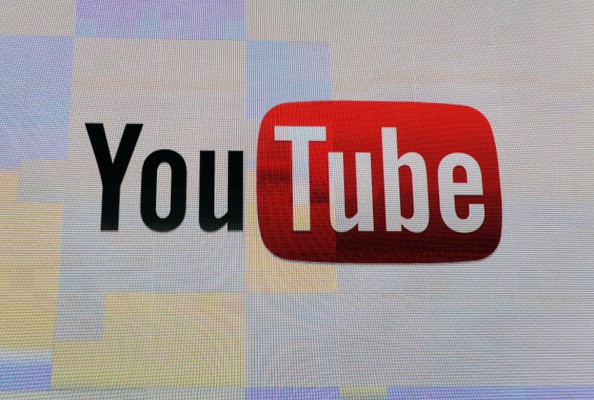Türkiye Cumhuriyeti’nin kurucusu Mustafa Kemal Atatürk’ü ve “Türklüğü” aşağılayan bazı videoları kaldırmadığı için YouTube üç yıl boyunca Türkiye’de yasaklandı. Funda Üstek ve İrem Kök yazıyor.

Örnek olay
Mart 2007 ve Kasım 2010 tarihleri arasında, İstanbul, Ankara ve Sivas yerel mahkemelerinin kararlarını takiben YouTube Türkiye’de yasaklandı. Mahkeme kararı Türk Ceza Kanunu’na dayanarak, sitede yer alan bazı videoları “Mustafa Kemal Atatürk’ü” and “Türklüğü aşağıladığı“ gerekçesiyle suç unsuru olarak saydı. Bu yasak 2007’de geçirilen çok geniş kapsamlı bir yasanın parçasıydı. Buna göre çocuk pornografisi, kumar, fuhuş ve “Atatürk’e karşı işlenen suçlar” başta olmak sekiz ayrı başlık altında işlenen suçlar için hükümete internet sitelerini yasaklama gücü verilmiş oldu.
YouTube’un yasaklamasına sebep olan video kliplerde Atatürk ve Türkler eşcinsel olarak tasvir ediliyordu. Bu aynı zamanda YouTube’da izleyici yorumları üzerinden Türk-Yunan kullanıcıları arasında çıkan bir siber savaşa kadar vardı.
YouTube’un sansürlendiği dönemde, bir çok Türk kullanıcı proxy ayarlarıyla oynayarak ya da proxy hizmeti veren siteleri kullanarak siteye ulaşmaya çalıştı. Yasaklı sitelere nasıl girildiğini anlatan internet sitelerinin de yaygınlaşmasıyla, yasağı delmek alenen bilinen bir durum oldu. Hatta bu bilgi devletin üst kademelerine kadar uzandı: Kasım 2008’de gazetecilerin mahkemenin YouTube yasağıyla ilgili kararına Başbakan Recep Tayyip Erdoğan şöyle cevap verdi: “Ben giriyorum, siz de girin.” Haziran 2010’da, Cumhurbaşkanı Abdullah Gül, Twitter hesabı aracılığıyla YouTube yasağını onaylamadığını alenen açıkladı ve devlet görevlilerine erişimin açılması için emir verdi. Ekim 2010’de yasak kaldırıldı, ancak aynı yılın Kasım ayında kısa süreliğine tekrar yürürlüğe kondu. Ocak 2012 itibariyle YouTube Türkiye’de artık yasak değil.























reply report Report comment
This is yet another example of Larry Page quote “Government is the biggest threat to internet”.
reply report Report comment
Iako je cilj ispravan,sredstvo nije. Svakim ukidanjem i zbranom se postize samo kontra-efekat. Nijedan vid konzervatimizna i diktature nije dobrodosao u 21. veku. Uzgred,onaj ko zeli da se ogresi o veru ili drzavu nacice nacin da to i ucini.
reply report Report comment
Turkey is a country that follows a strict censorship against any insult toward turkishness or political extremism.Precedence over domestic law,such as censorship,is led by domestic and international legislation.There were great number of reports of human rights problems and abuses in Turkey.The overly close relationship between judges and prosecutor became a probleme to get fair trials.The government limited freedom of expression and freedom declined during the year.The concern then is not the Youtube,which is a big source of informantion,and indeed the government that has to make up inside first,to be well viewed outsite.Banning Youtube is not a solution.
reply report Report comment
I can understand the traditional values that Turkish government is trying to protect, as I come from a country that is not ‘westernized’ yet, and I would never want someone to desecrate my history and my values. But on the other hand, one should be ready to stand up and respond to those provocations in a way that does not automatically exclude the entire country from youtube. An individual should be able to decide whether he or she would want to continue using the website or not.
reply report Report comment
I think this banning policy of countries will be a big barrier for free speech in the future. There is no world-wide law that can compensate for filtering context in a web page. This situation will be perceived as a national security matter which will result in a very profitable business model for the tech companies which already provides main internet infrastructure.
reply report Report comment
Filtering contentious videos on YT rather than YT as a whole is certainly possible, but this requires more sophisticated and expensive technology. They seem to have taken the cheap and easy way out in 2007.